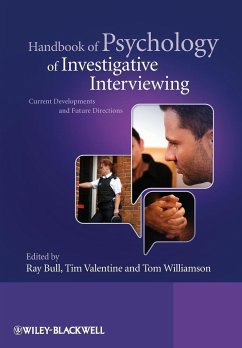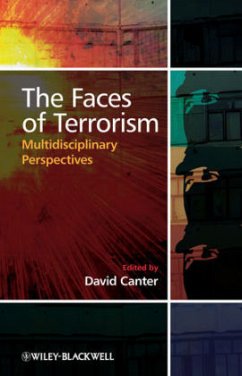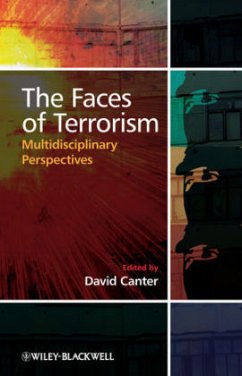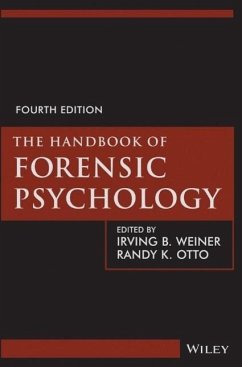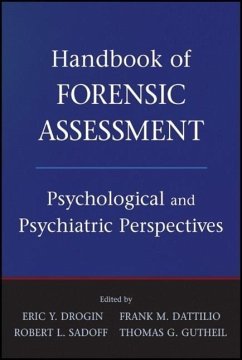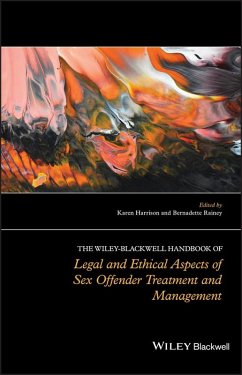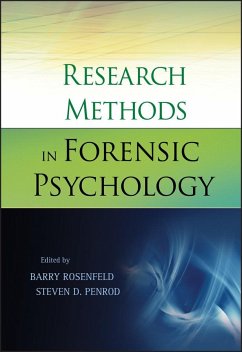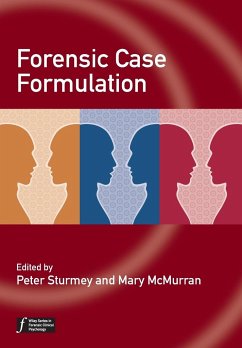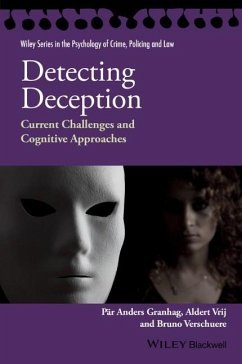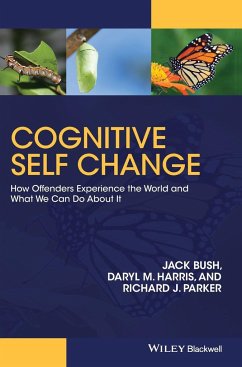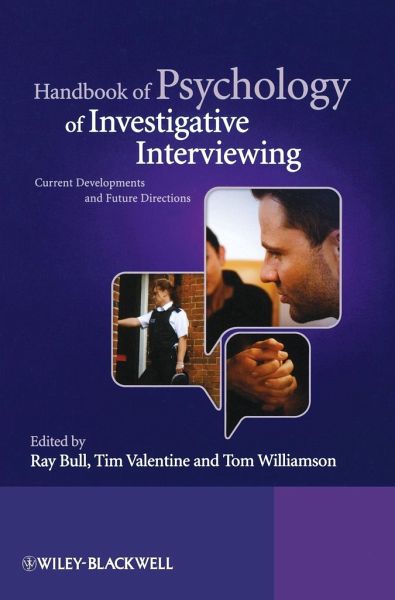
Handbook of Psychology of Inve
Versandkostenfrei!
Versandfertig in über 4 Wochen
145,99 €
inkl. MwSt.

PAYBACK Punkte
73 °P sammeln!
Investigative interviewing, and the information obtained from witnesses and victims, plays a vital role in criminal investigations. This comprehensive handbook explores current developments taking place in this rapidly developing field.An authoritative handbook created by prestigious editors and an international team of recognised authorsInternational in its focus - the book assesses current developments taking place in several countriesTakes a holistic approach to the process by including sections on eyewitness indentification and evaluating truthfulness With chapters written by international...
Investigative interviewing, and the information obtained from witnesses and victims, plays a vital role in criminal investigations. This comprehensive handbook explores current developments taking place in this rapidly developing field.
An authoritative handbook created by prestigious editors and an international team of recognised authors
International in its focus - the book assesses current developments taking place in several countries
Takes a holistic approach to the process by including sections on eyewitness indentification and evaluating truthfulness With chapters written by internationally acclaimed experts on obtaining information from crime suspects and witnesses, this authoritative handbook explores current developments in the rapidly growing field of investigative interviewing.
The book focuses in particular on the interviewing of suspects, and chapters examine their decision-making, denial strategies, false confessions, a model for interviewing suspects and the interviewing of terrorists. It also examines the changing contexts in which alleged terrorists and members of organized crime are interviewed. The chapters on obtaining information from witnesses centre on identification issues, enhancement of person descriptions, the cognitive interview, and the relation between the accuracy and consistency of witnesses' accounts. Topics such as recovered memories and assessing truthfulness are also included.
This book is essential reading for both researchers and practitioners in forensic psychology and law, as well as policy makers and students of forensic psychology.
An authoritative handbook created by prestigious editors and an international team of recognised authors
International in its focus - the book assesses current developments taking place in several countries
Takes a holistic approach to the process by including sections on eyewitness indentification and evaluating truthfulness With chapters written by internationally acclaimed experts on obtaining information from crime suspects and witnesses, this authoritative handbook explores current developments in the rapidly growing field of investigative interviewing.
The book focuses in particular on the interviewing of suspects, and chapters examine their decision-making, denial strategies, false confessions, a model for interviewing suspects and the interviewing of terrorists. It also examines the changing contexts in which alleged terrorists and members of organized crime are interviewed. The chapters on obtaining information from witnesses centre on identification issues, enhancement of person descriptions, the cognitive interview, and the relation between the accuracy and consistency of witnesses' accounts. Topics such as recovered memories and assessing truthfulness are also included.
This book is essential reading for both researchers and practitioners in forensic psychology and law, as well as policy makers and students of forensic psychology.





